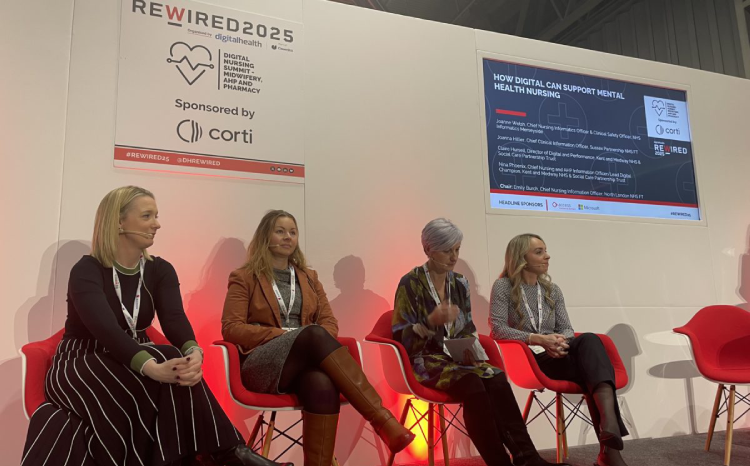Dudley uses Soarian to identify infections
- 22 September 2008
Nurses at Dudley Group of Hospitals NHS Trust are using the workflow engine embedded in Siemens’ Soarian electronic patient record system to rapidly identify and isolate patients with infections such as MRSA.
Soarian interfaces with existing patient administration and departmental support systems. The workflow engine allows administrative and clinical processes to be synchronised across departments, wards and teams. It can automactically trigger alerts and allow staff to leave electronic notes of the actions they have taken.
Sarah Gibson-Jones, clinical lead for electronic patient records at the West Midlands trust, told E-Health Insider that staff were still finding new uses for the system, which was installed as part of a private finance initiative deal to build and run new facilities for the trust.
“One of the things we really wanted to do was to improve infection control,” she said. “We have already done a lot of things in this area – we have had our deep clean, we have all gone bare below the elbows – but we wanted to pick up people with infections at the front door.
“Soarian gets all the information from patient records and lab results and so on, but we didn’t really have time to go through and find the information we needed. So I said: could we get it automatically?”
The workflow engine has now been programmed to provide nurses with an alert list of patients with MRSA, C.diff, TB and ESBL (an antibiotic resistant bacteria).
Ms Gibson-Jones says the list is usually generated within five minutes and allows nurses to rapidly move patients with suspected infections into side-wards for further tests and isolation. “It is just fantastic,” she says. “Now I know about this, I am thinking about other ideas to exploit it.”
Last week, health secretary Alan Johnson commended NHS staff for cutting the number of MRSA infections by 57 per cent in comparison with the baseline of 2003/4, when a target for halving them was set.
He also announced that the NHS Purchasing and Supply Agency is to run a Showcase Hospitals scheme to test new furniture, equipment and services for hospital wards to promote cleanliness and reduce healthcare associated infections.
Seven hospitals have been selected for the scheme. The first technologies to be tested are decontamination and disinfectant systems, a catheter designed to prevent bacterial colonisation and systems to contain potentially infections stools. However, there does not seem to be any reason why IT should not feature.
The Siemen’s Soarian system is in use in Singapore and Europe. Ms Gibson-Jones told last year’s Healthcare Computing conference that one of the first benefits had been that it allowed them to sort their nursing documentation and work-lists electronically; reducing duplication and delays.
Doctors, nurses and other staff groups can have their own worklists records. In the context of infection control, Ms Gibson-Jones says: “For our infection control champions, it is great. They look at the alert lists all day, and they can use the clinical note to say what they have done about them. In nursing, it doesn’t happen if it is not written down, and this gives us a great audit-trail.”





